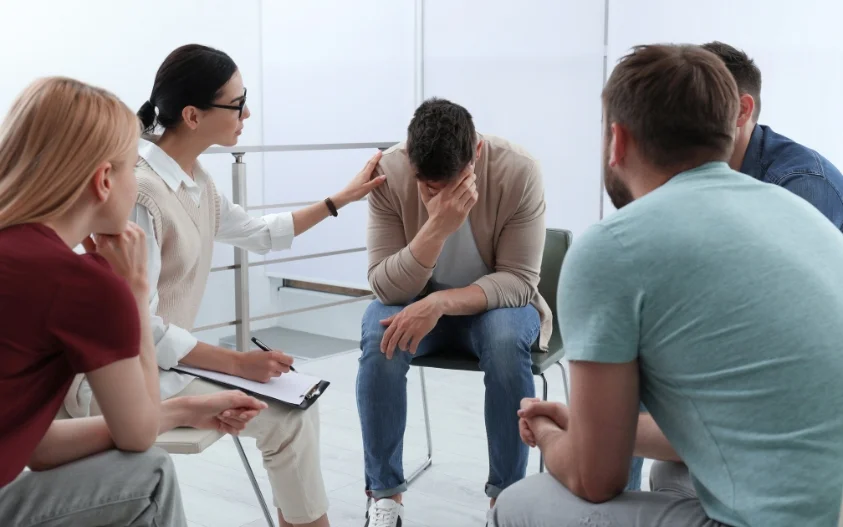24/7 Helpline:
(866) 899-221924/7 Helpline:
(866) 899-2219
Learn more about PTSD Treatment centers in Baileyton
PTSD Treatment in Other Cities

Other Insurance Options

Covered California

Cigna

Medical Mutual of Ohio

Optima

Health Partners

Excellus

Highmark

Humana

Amerigroup

UnitedHealth Group

Group Health Incorporated

Ambetter

Health Choice

Absolute Total Care

EmblemHealth

Evernorth

Magellan Health

Anthem

Magellan
Beacon















